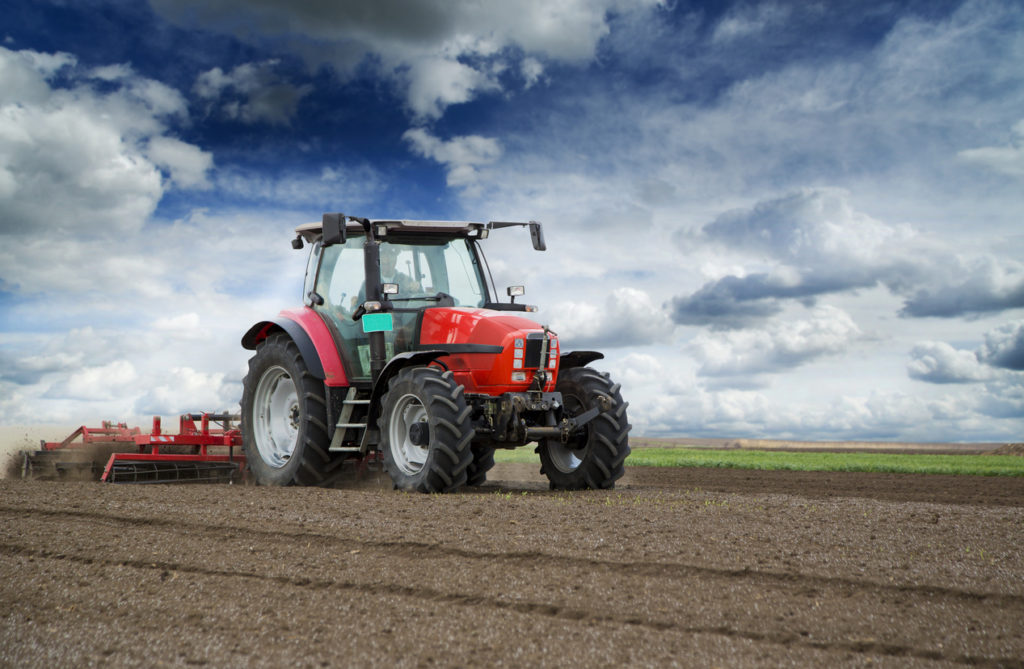Before you start reading this video on Agricultural filters
Whoever works in the field knows that not everything is flowers all the time. Subject to numerous mishaps such as unexpected rains, strong winds, dust raised during the harvest or the preparation of the land, in short. Agricultural machines face many “dirty” activities that are essential for rural production.
In addition, they are long-term investments, and in order to have their useful life extended and the maximum value to be extracted from acquisitions of this size, predictive maintenance plays a crucial role. Find out more about the role of agricultural filters in conserving the integrity of your equipment in the following post.
Agricultural filters: some definitions
Every combustion engine has in its basic structure the inclusion of filters in several stages of its operation process. The lubrication system, for example, has filters at the inlet and outlet, in order to prevent the levels of contamination by particles from exceeding what is acceptable. Diesel oil filters are also an integral part of the agricultural machinery supply and maintenance process.
There are two types of fuel oil purification: filtration and micro filtration. The first is capable of retaining particles up to 10 microns while the second has a particle size of up to 2 microns. In the case of POC Filters, the devices in the POC (Fuel Oil Purifiers) line use filtering mechanisms, while Austech perform micro filtration through fuel oil dialysis systems.
Agricultural filters, on the other hand, are those installed on tractors and other agricultural machines, and may be loaded on the machine or not. That is, you can attach a filter to the tractor or take it to a maintenance yard where the filter is installed, and activate it when filling your machines. Each of these modalities has advantages and disadvantages.
Thus, the main advantage of the on-board mode is to ensure safety, in terms of contamination of the oil by particles or water, during field activities. See a real example by watching the testimonial of this rural producer. On the other hand, the landed systems allow you to filter the fuel on several machines, without the need to purchase a filter for each one.
In general, it is recommended to mix the two options. The reason for this is that the POCs capture coarser solid particles, also retaining 99% of the water droplets. Dialysis systems (micro filtration) are recommended for hydraulic systems that are very sensitive to particle contamination. Consult your equipment owner’s manual to learn more about their characteristics and care needs. If you still have questions, contact one of our specialists.
Why should I use agricultural filters on my machines?
As maintenance and production managers know the acquisition of new assets for a company is a process that requires economic feasibility calculations, which in turn are associated with information on the useful life of the equipment. This estimate is offered by the manufacturers, considering that the maintenance periods are followed correctly and the recommended practices for each machine are followed properly.
Therefore, the main argument for using agricultural filters is financial. That is, the entire investment analysis is at risk if you cannot count on the manufacturer’s estimated useful life.
With the reduction in useful life, the depreciation period will be shorter and the value extracted from the investment may not, in the end, compensate the initial investment. In this case, it was not because the equipment was bad, but because care was not taken to ensure that the machine was maintained at excellent levels of operation.
In terms of maintenance, it is important to remember the environmental commitments made by Brazil in the Paris Agreement as well as policies to promote the use of biodiesel. In order to reduce the emission of greenhouse gases, today up to 10% of diesel oil commercialized can be mixed with biodiesel. If, on the one hand, this is an advance towards sustainability, on the other hand it requires greater care with filtration.
Is that biodiesel has hygroscopic properties. That is, it attracts water, which is one of the most harmful contaminants to engines and machine oils. Such information is especially important in the case of seasonal tractors. It happens that, when they are parked, the diesel oil still in the tank can attract water, even more if it is mixed with biodiesel. With the machine stopped, there are chances of condensation in the tank, precipitating drops of water into the oil, forming an emulsion that can cause damage to the engine and the hydraulic system.
Thus, the installation of agricultural filters is basic to ensure the preservation of your assets and to ensure that the greatest value is extracted from the investment.
How do I know which agricultural filters are most suitable for my fleet?
It is important to know that the entire system that makes up a tractor will have filters at the entrances and / or exits. The filters that make up agricultural machines today are usually:
- Air filter;
- Fuel filter;
- Lubricant filter;
- Hydraulic system filter.
Regarding agricultural fuel filters, there are those that come from the factory in the equipment itself and there are complementary filtration systems, which can be installed according to the needs of your fleet. If your machines work in more extreme conditions, it is recommended to adopt complementary systems.
If your machines work in more extreme conditions, it is recommended to adopt complementary systems. To find out which models can be used on your machine, consult the user manual. Integrated systems, on the other hand, are mainly purifiers such as POCs and dialysis devices, such as Austech. To make sure that filters are fulfilling their role, periodic oil analyzes should be included in your maintenance routine.
Regarding the acquisition of filtration and micro filtration systems, this choice must be made on a case-by-case basis, so that the recommendation is consistent with your real needs in the field. The tip here is to observe the cost and the term of the investment made in your machines and consider the cost-benefit of installing such a system. The analysis almost always returns with a “yes” for acquisition, since predictive maintenance prevents countless expenses with corrective maintenance and unplanned downtime in production, which are a certain loss.
Therefore, the choice of agricultural filters will depend on your profile and the objectives you intend to achieve. The filtering of diesel oil can be done on board or in a maintenance dock, depending on the model chosen. Also, depending on the sensitivity of the system and its cost of acquisition, care must be taken to ensure that the useful life is that expected, carrying out the appropriate maintenance in the period indicated by the manufacturer.
Consult our experts for more details regarding the long-term benefits of installing POC and Austech filters!




